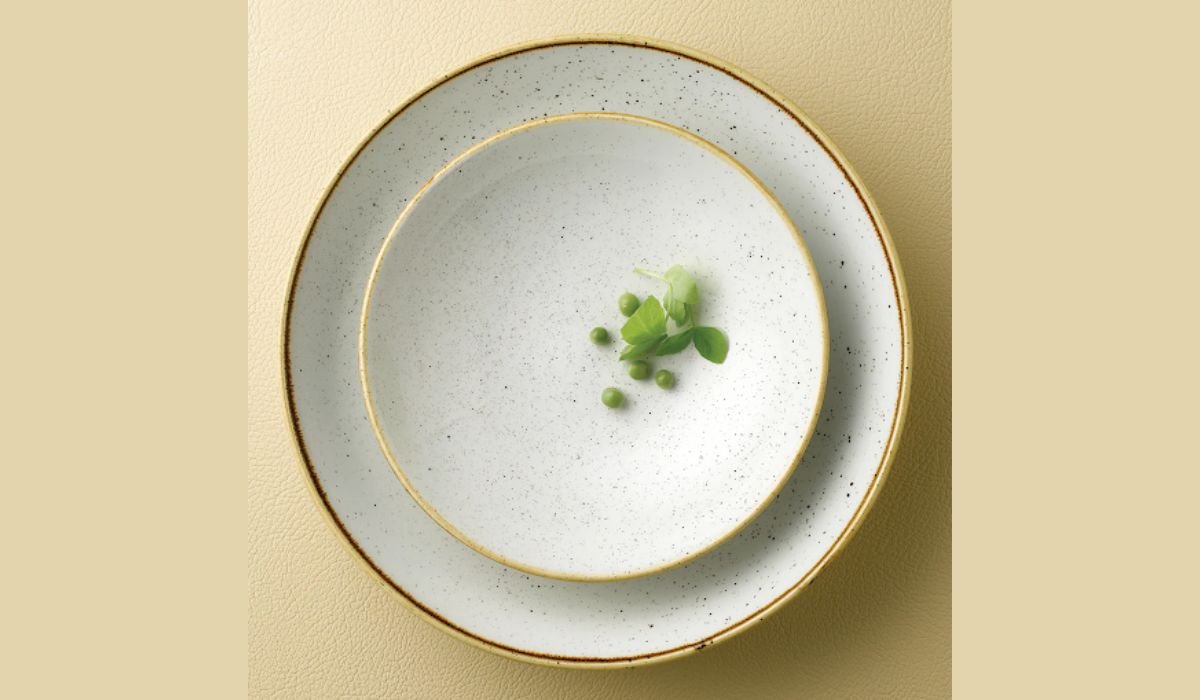Perfume has always been a lot more than just another basic accessory. Fragrances can tell a story, they can set a mood, and they often even spark memories.
Fragrance houses have started shifting away from traditional perfumery methods. Now they are leaning toward more natural ingredients and scents that are specifically designed to match emotions
.
The trend is in response to shoppers who no longer just ask what a perfume smells like. They want to also know how it will make them feel.
The Pull Toward Mood-Driven Scents
More people are connecting with fragrances in personal ways. In fact, a growing number of consumers now select perfumes that reflect their mood in the moment, whether it’s confident, calm, playful, or romantic. There are even perfumes that are perfect when you’re feeling blue.
Instead of wearing the same signature scent each day, modern perfume wearers might build a “fragrance wardrobe” with options to suit different emotions and occasions.
Designers have begun responding to these trends with fragrance blends that are built around emotional themes. Different states of mind are aligned with uplifting citrus notes, grounding woods, or sensual florals.
The shift means perfume is now less about following the latest fads and more about self-expression.
Natural Ingredients Enter the Spotlight
The demand for natural ingredients is another clear trend in perfumery. Shoppers in 2025 frequently read labels, ask questions, and value transparency from brands.
Another deciding factor in consumers’ perfume choices is clean and sustainable sourcing. Essential oils, botanical essences, and eoc-friendly production methods lead the way in the perfume market.
Fragrance brands have turned toward ethically harvested sandalwood, organic rose, and responsibly sourced vanilla. These sorts of ingredients create fantastic layered scents, but they also give customers peace of mind. Their favorite
fragrances are as much about their values as how they smell.
Brands Embrace the Shift
Some fragrance houses are definitely ahead of the curve in their transition to mood-driven and natural scents.
Jimmy Choo Perfume, for example, shows just how modern perfumes can connect directly to mood and personality. Its blends demonstrate the ways that scent can be designed to spark confidence, joy, or even a sense of calm.
Other designers, too, have created perfumes that speak to customers’ well-being and individuality. Indeed, the industry as a whole is adapting to new market expectations.
Brands highlight a larger cultural change by leaning into these mood-driven and natural elements. Perfume is more than an accessory in 2025 and beyond. It’s become a lifestyle choice.
Why the Trends Matter
The perfume industry is being reshaped by the movement toward mood and nature. It’s not enough for a fragrance to smell nice or even amazing.
Today’s consumers want their scents to carry meaning, reflect their identities, and even support their well-being. In response, perfumes have evolved into tools for self-care, as well as a strategy for boosting confidence.
All of this means greater innovation in the fragrance industry. Perfumers must balance their artistry with science, thereby blending natural elements in ways that match emotional themes. When brands succeed in these efforts, they create
products that feel less like commodities and more like personal companions.
The Next Chapter for Fragrance
The future of perfume trends will see fragrances grow even more to become extensions of lifestyle. People will continue to shape experiences with scent and use it to connect with nature in subtle ways.
One thing remains clear as mood-driven blends and natural ingredients take center stage. Perfume is no longer only about smelling good. It’s about feeling good, too.
YOU MAY ALSO LIKE: You’ve Been Applying Perfume Wrong This Whole Time











